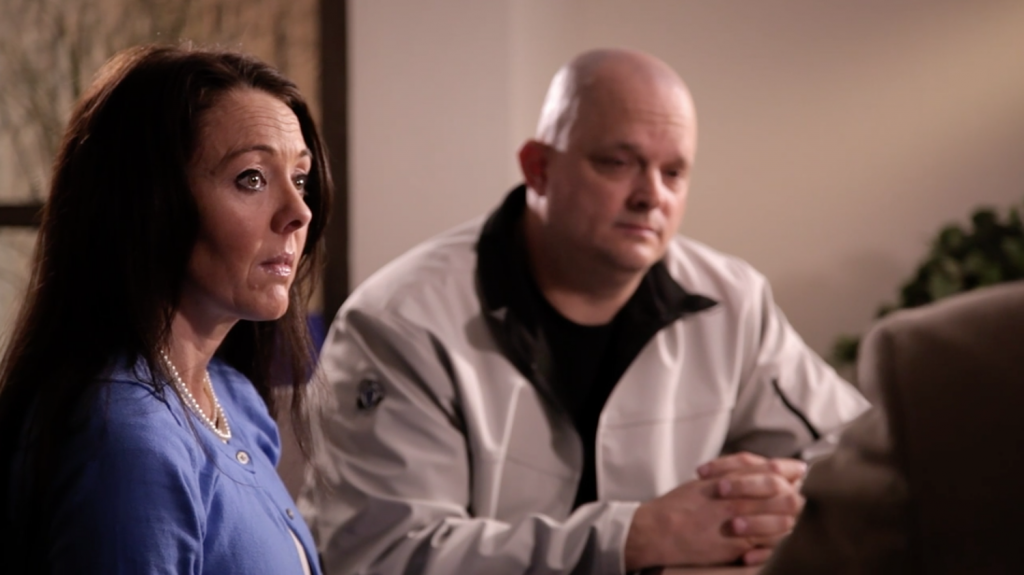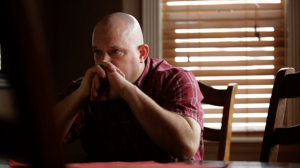
BYU researchers found religious individuals are more likely to label themselves as porn addicts, regardless of how often they actually view pornography.
Their recent study surveyed 686 unmarried individuals about how frequently they view pornography, their religious affiliation and their perceptions of the negative effects of viewing porn. BYU family life professor Brian Willoughby conducted the research with graduate students Nathan Leonhardt and Bonnie Young-Petersen. The study was published in the March edition of The Journal of Sex Research.
“In religious cultures, sex is kind of a taboo topic, which means we tend not to talk about it very much,” Willoughby said. “A lot of religiously oriented people simply don’t have a lot of good, accurate information on a lot of topics regarding sex.”
Willoughby said he spends a day talking with students about sexual intimacy in his 100-level class on family process. Students are asked to submit anonymous questions about sex, and it’s not uncommon for students to ask, “How does sex even work?” Willoughby said a lot of these students were raised in families that don’t talk about sexual intimacy.
“A lot of religious people don’t have a lot of resources or information about even what is pornography addiction,” Willoughby said.
Willoughby said religious people often hear negative messages around pornography. They understand it’s bad, but they don’t necessarily know why it’s bad, and they don’t know the difference between a bad habit and a full-blown addiction.
Researchers found there is fear of pornography in religious communities. Willoughby said Mormons often use the addict label inaccurately because of a lack of information.
One thing Willoughby and his peers have found in their research is pornography tends to have a negative effect on people, but what the effect looks like tends to vary. Willoughby said the goal of the study was to understand the nuances of how religiosity impacts perceptions of the negative effects of pornography.
About 45 percent of the people surveyed labeled themselves as addicts. However, only about between 10 and 15 percent of the people Willoughby surveyed showed true compulsive addictive behaviors such as daily use or use appearing to be out of control.
“There’s this gap we saw in our data, and we’re trying to understand what’s causing that gap,” Willoughby said.

Willoughby said the first step in understanding porn addiction is having the conversation. He shared an example common within LDS communities of a Sunday testimony meeting, where members of the congregation can choose to share their beliefs and experiences.
Willoughby said if someone shared his or her experiences in such a meeting about overcoming a 10-year addiction to crack, he or she would likely be received with open arms. If someone else were to share his or her experiences overcoming a 10-year pornography addiction, however, Willoughby said he anticipates the reaction would be much different, and others would be less willing to talk with that person.
“There’s a different feel around it because it’s something we don’t talk about,” Willoughby said. “We need to be able to have a more open dialogue on this issue.”
The researchers said they hope to improve the chances of couples successfully addressing the subject of pornography and mitigate difficulties in romantic relationships by providing information about how pornography use, religiosity and perceived pornography addiction connect to relationship anxiety.




